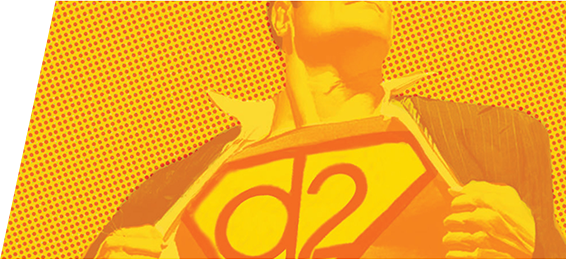If you’re not satisfied with the organic search results you’re getting, you may want to consider another option: pay per click (PPC), also called paid search advertising. If your line of work is particularly competitive, you may have found that your SEO efforts aren’t achieving the results you’re after. You may want to consider PPC advertising to supplement the organic (free) searches that are bringing people—hopefully customers—to your site.
Types of Search Results
There are two types of search results: organic and paid. Organic refers to search results you don’t pay to acquire. If your SEO, blogging and listings are enough to get your website premier search results, that’s fantastic. If not, PPC can help get you more visibility in search engine page results.
When you do a Google search, there are several results at the top of the page with a small “Ad” designation. Those are “Google Ads” paid search results, which is Google’s paid search advertising platform. (While other search engines, like Yahoo and Bing, have similar paid search vehicles, here we’ll focus on Google Ads (formerly called AdWords) because almost 80% of searches are conducted via Google.
How Paid Search Works
PPC advertising involves an auction with you (and your competitors) bidding on keywords (e.g. Dallas Digital Marketing Agency). If, when, and where your ads appear in a Google search is determined by your Ad Rank, which is calculated by your ad’s quality score and your maximum cost-per-click bid, which is the highest price you are willing to pay for a click on your ad.
Obtaining coveted page one results from paid search advertising takes more than simply outbidding your competitors, however. If your max bid is $2 and your quality score is the highest of all bidders in the auction, your ad may appear higher than an ad with a $6 max bid but a lower quality score. You are only charged when a viewer clicks on your ad and is directed to your website. Quality score plays a big role in determining ad position.
How is Quality Score Calculated?
Quality score is a measure of the quality of your ad and its landing page, relative to the keyword. Ad quality is determined by factors such as expected click-through-rate, the ad’s relevance, and the landing page experience, which includes relevance, page load speed, and usability on mobile devices. The bottom line is, you can’t buy your way into the top position on Google Ads. You must optimize your ads and your website to be successful with PPC. In short, the higher the quality of your ads and landing pages, the better the return on your investment.
And, like everything regarding digital marketing, PPC advertising isn’t a set-it-and-forget-it proposition. Each time someone performs a search, a new auction is conducted. Advertisers adjust bids, ad spend, ads, and other factors on a daily basis. In an effort to improve their product and stay on top, Google updates, revises and changes Google Ads continuously. So, what worked last week may produce different results today.
Questions about digital marketing?
Talk to the tenured, highly experienced professionals at d2 Designs. d2 is the most innovative digital marketing agency, creates, executes and manages multi-marketing solutions for customers with a focus on brand engagement that optimizes the digital experience through traditional media, social media, lead gen and key analytics, e-commerce and experiential events. Check us out at d2.designs, or email us at info@d2.design. And please follow us via social media for more great, informative digital marketing tips and suggestions.
